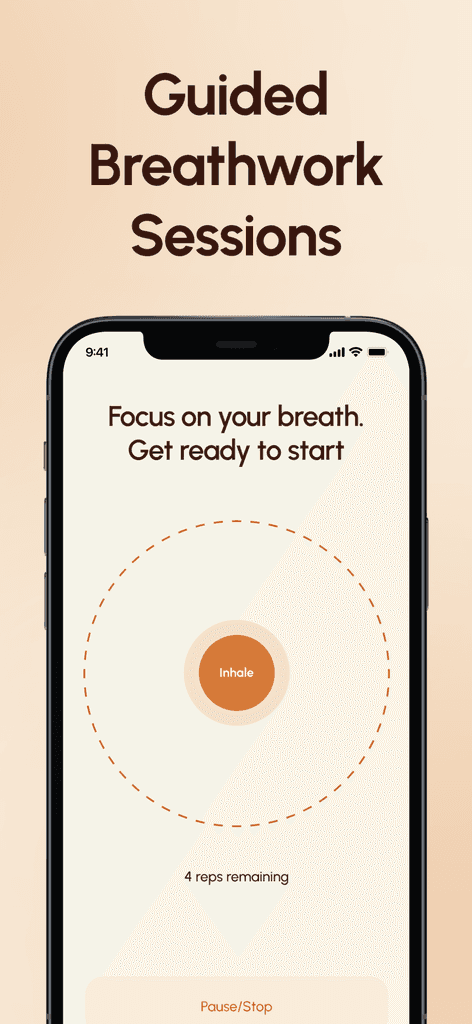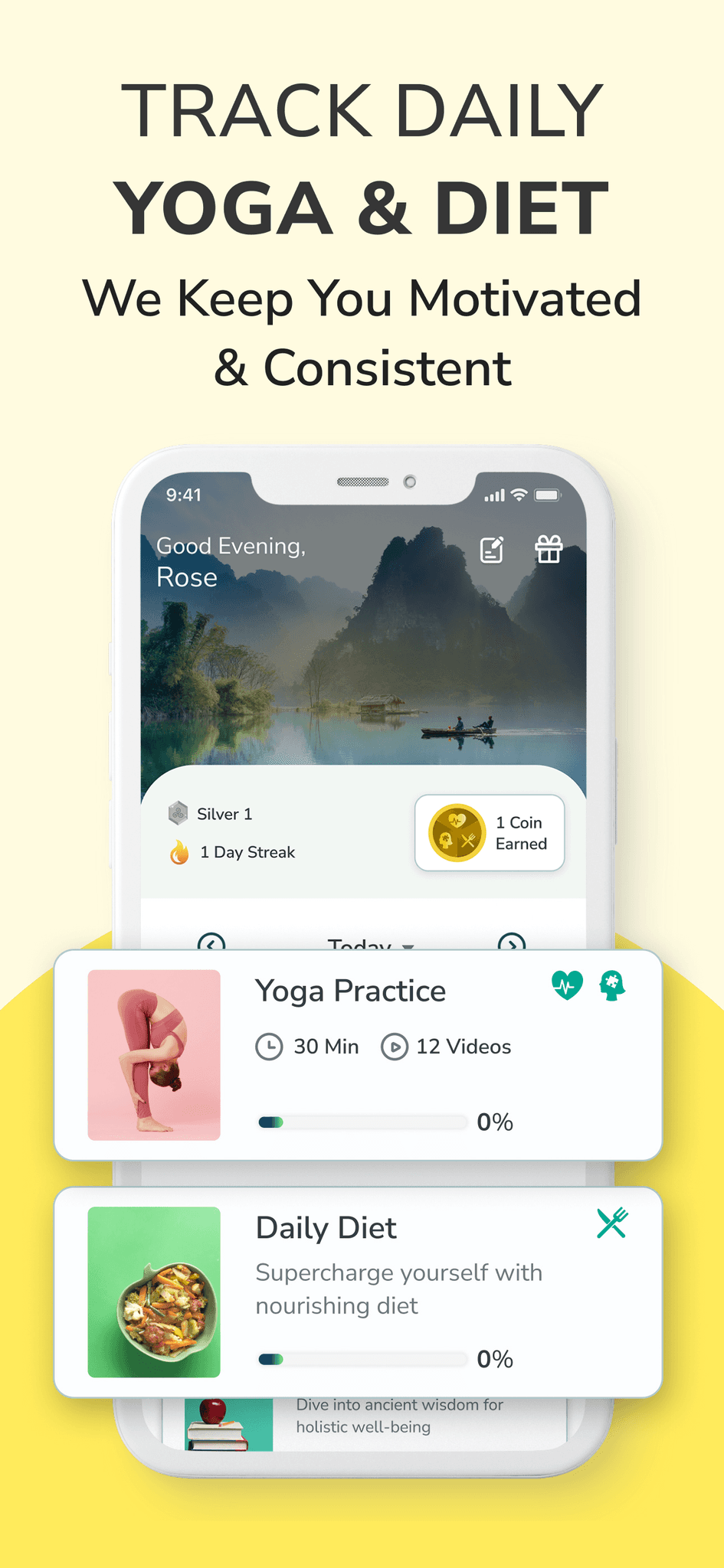Last Edited:
Nov 13, 2024

Building Moksh: How Personal Struggle Led to Creating an AI-Powered Spiritual Guide
The Genesis: Personal Crisis and a Technological Solution
Life often brings us challenges, some of which seem to have no solution. For me, this came as a persistent family conflict. I tried multiple ways to resolve it, but nothing seemed to bring closure or healing. Then, a cousin suggested that reading the Bhagavad Gita could offer insight and guidance. However, like many people today, I felt stretched for time and mental energy. Absorbing such a profound text seemed impossible in my current state.
Yet, in that dilemma, an idea was born: What if AI could make spiritual wisdom easily accessible and personalized? Using AI, I could interact with the wisdom of the Bhagavad Gita on my terms. I trained an AI agent using the Bhagavad Gita, asked it about my problem, and received a response that felt clear, compassionate, and relevant.
When I shared this AI tool with friends, they found it equally powerful. This positive feedback inspired me to expand the concept: instead of focusing on one spiritual tradition, Moksh would incorporate diverse belief systems to provide people with wisdom that resonated with their backgrounds. Soon, Moksh included responses from:
Vedic Mythology
Buddhist Scriptures
Greek Mythology
Arabic Teachings
Japanese Philosophy (Ikigai)

Ideation to Validation: From a Personal Tool to a Universal App
As I expanded Moksh, friends and early users began exploring their personal life issues through the lens of their chosen belief systems. They found guidance not only on practical matters but also in deeper questions of purpose and meaning. The app evolved as users shared their experiences and how they were applying these insights in real life.
Seeing the value others found, I knew Moksh had the potential to help a wide range of people. Each belief system in the app offers a unique approach, allowing users to feel supported by philosophies that resonate with their worldviews.
Technical Journey: Building an App with AI as a Development Partner
Design and Development Decisions
Working alongside my co-founder, we designed Moksh with a simple, intuitive UI/UX to make spiritual insights easy to access. We wanted users to feel guided, not overwhelmed. After that, the development journey began, and I started using AI to assist with the app’s actual creation. By utilizing tools like Claude, I transformed screenshots into code and created a clear project structure, which helped with rapid prototyping. Claude generated 80-90% of the code I needed for UI components, which sped up development dramatically.
Each iteration brought improvements as I provided Claude with more context. I could request updates or new features, and in many cases, it returned near-perfect results. Yet, reviewing and understanding this code was essential to ensure quality, prevent bugs, and maintain functionality.
When it came time to build serverless backend functions, I relied on Firebase Cloud Functions. This allowed me to add the necessary functionality without the overhead of managing a dedicated server.
Architecture and Technology Choices
To make Moksh scalable and responsive, I chose a tech stack that supports real-time performance and cross-platform compatibility. Here’s the tech stack at a glance:
Frontend: React Native with TypeScript, chosen for cross-platform development and scalability
Backend: Firebase Cloud Functions, providing serverless architecture for efficiency
AI Integration: OpenAI’s Assistant API, powering conversational depth
State Management: MobX, for a responsive and organized state structure
Payment Integration: RevenueCat, for flexible monetization options

Overcoming the Biggest Technical Challenge: Message Streaming
Integrating AI was one of the most rewarding parts of the project, but it was also technically demanding. Using the OpenAI Assistant API in a React Native environment presented unique challenges. There was no official OpenAI SDK for React Native, and even the community-driven SDKs lacked Assistant API support and reliable updates. Here’s a breakdown of the solution:
No SDK Compatibility: React Native’s environment required a creative workaround to stream messages.
Community SDK Limitations: While available, community SDKs didn’t support message streaming and lacked Assistant API support.
Message Streaming Solution: I implemented a combination of
react-native-polyfill-globalsandreact-native-sseto handle OpenAI’s message streaming functionality. It required a custom approach, involving synchronization and careful configuration to make the chat experience feel natural and interactive.
This workaround took significant time and testing but ultimately led to a seamless in-app experience, enabling real-time conversation flow similar to ChatGPT’s interface.
UI/UX Design Philosophy
Our design philosophy centered on simplicity and accessibility. Users should feel comfortable and engaged without distraction. Some key design decisions included:
Minimalist Layout: Clean and uncluttered to promote focus
Contextual Question Suggestions: Guiding users toward insightful queries
Choice of Spiritual Traditions: Enabling users to select guidance that resonates with them
Credit-Based Model: Balancing accessibility with sustainability
Monetization Strategy for Sustainability
To keep Moksh accessible while ensuring sustainability, we implemented a monetization model that includes:
Credit-Based System: Flexible use without long-term commitment
Subscription Plans: For consistent access
One-Time Purchases: Offering flexibility for different user needs
RevenueCat Integration: Reliable payment management and user access options
Future of Moksh: Expanding and Evolving
Moksh has shown me the power of technology to bring ancient wisdom into our modern lives. As the app continues to grow, I’m excited to expand its knowledge base and include additional spiritual traditions. Upcoming features will enhance personalization and add community elements, allowing users to connect with others on similar journeys.
[For developers: I’ll be sharing a technical blog post soon, diving deeper into the OpenAI integration, message streaming solutions, state management, and Firebase Cloud Function configurations.]
Final Thoughts
Building Moksh has been more than a technical endeavor; it’s been a journey of transforming personal challenges into an app that brings meaning and peace to others. The app’s evolution – from a personal project to a widely available tool – has reaffirmed my belief that ancient wisdom and modern technology can work together to guide us through life’s challenges. I’m thrilled to share Moksh and to see it helping others find clarity, purpose, and peace.




